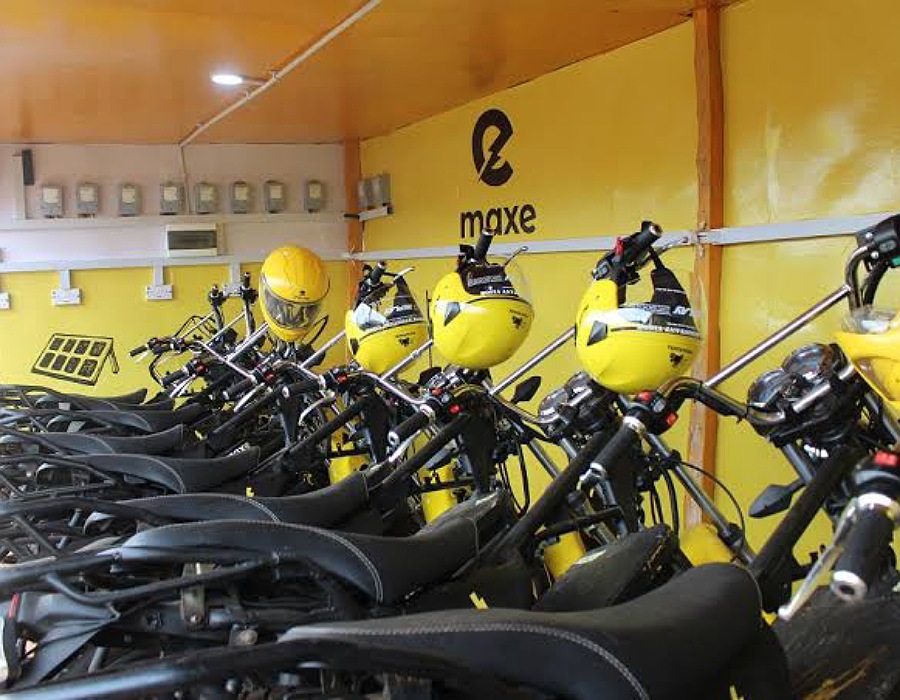Honda and Nissan are joining forces to collaborate on electric vehicle technology in a deal bringing together Japan’s second and third-largest carmakers.
This partnership comes amidst the challenge posed by China’s low-cost, high-tech cars, as traditional car manufacturers seek to navigate through the industry upheaval.
According to a Financial Times report seen by Nairametrics, the partnership between two of Japan’s fiercest rivals underscores the pressures traditional carmakers face as they wrestle with the challenge of making profitable electric cars while dealing with the soaring costs of new technology development and tougher emissions rules.
Scope of co-operation
At a news conference on Friday, the chief executives of the two groups said the scope of their cooperation would include software, core EV components, and auto intelligence technology.
The agreement only came in the form of a non-binding memorandum of understanding, raising questions among analysts about the extent of their commitment.
Nissan and Honda, which each sell about 4 million vehicles a year globally, hope to bring down costs by pooling their resources.
Rise of China’s homegrown EV groups
They were caught off-guard by the rise of China’s homegrown EV groups such as BYD, which outsold Tesla for the first time in the final quarter of 2023.
- “The rise of emerging players is becoming faster and stronger. Companies that cannot respond to the changes will be wiped out,” said Honda’s president Toshihiro Mibe. “We held our discussions from the viewpoint of whether we can continue to be a top runner or even survive in 2030.”
The companies said they were not considering a capital tie-up for now but did not rule out the possibility. “All of these discussions will take place from now,” said Nissan’s chief executive Makoto Uchida. “There is no time to sit back and relax.”
Shares in Honda rose 1.7% while Nissan jumped 3.2% ahead of Friday’s announcement.
Deal to rebalance capital relationship
The deal with Honda came after Nissan last year reached a deal to rebalance its capital relationship with its long-term alliance partner Renault.
As part of the agreement, the French carmaker reduced its 43% stake in Nissan, while the Japanese group gained voting rights for its own 15% holding in Renault. The alliance also includes a smaller partner Mitsubishi Motors.
- “This partnership with Honda is evidence that all the various efforts Nissan made with its alliance partners Renault and Mitsubishi Motors did not bear any fruit,” said Koji Endo, head of equity research at SBI Securities. “It seems like an act of desperation but it’s unclear whether the engineers of Nissan will be able to work together with Honda engineers.”
The Financial Times has previously reported that Japanese government figures had tried to bring Nissan and Honda together for merger talks at the end of 2019, amid fears that Japan’s vast car manufacturing base was losing its edge as the shift towards EVs unleashed greater competition.
But the project fizzled after both sides immediately rejected the idea. Honda officials, in particular, pushed back, pointing to Nissan’s complex capital structure with Renault, one person who was close to the talks said at the time. Nissan was equally opposed to the idea as the group focused on getting its existing alliance back on track.

























